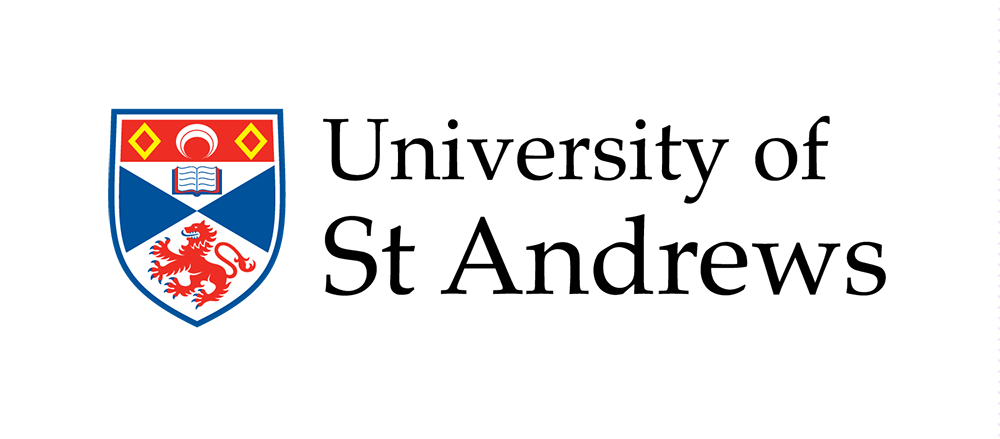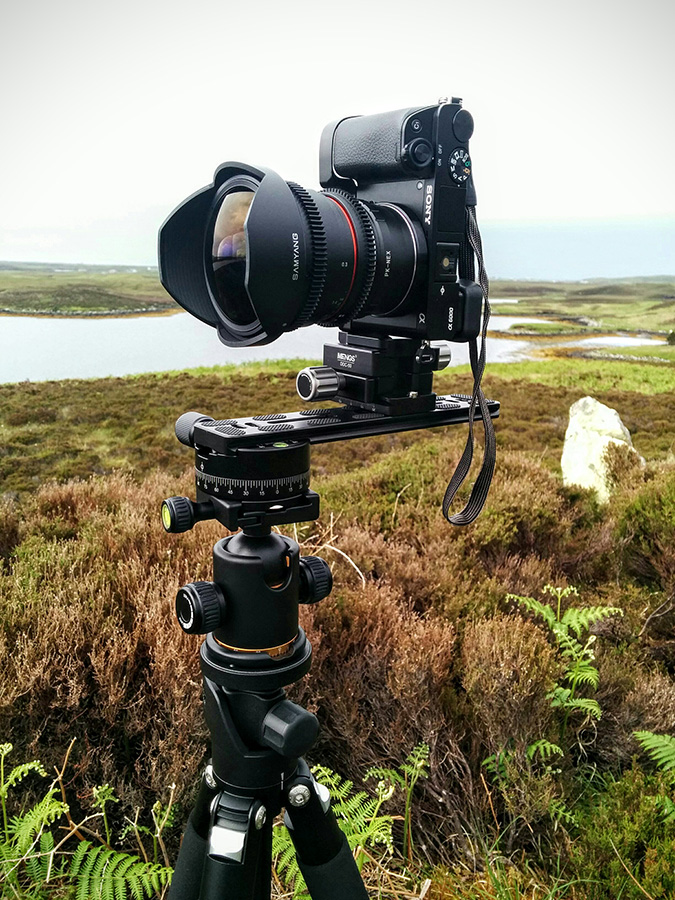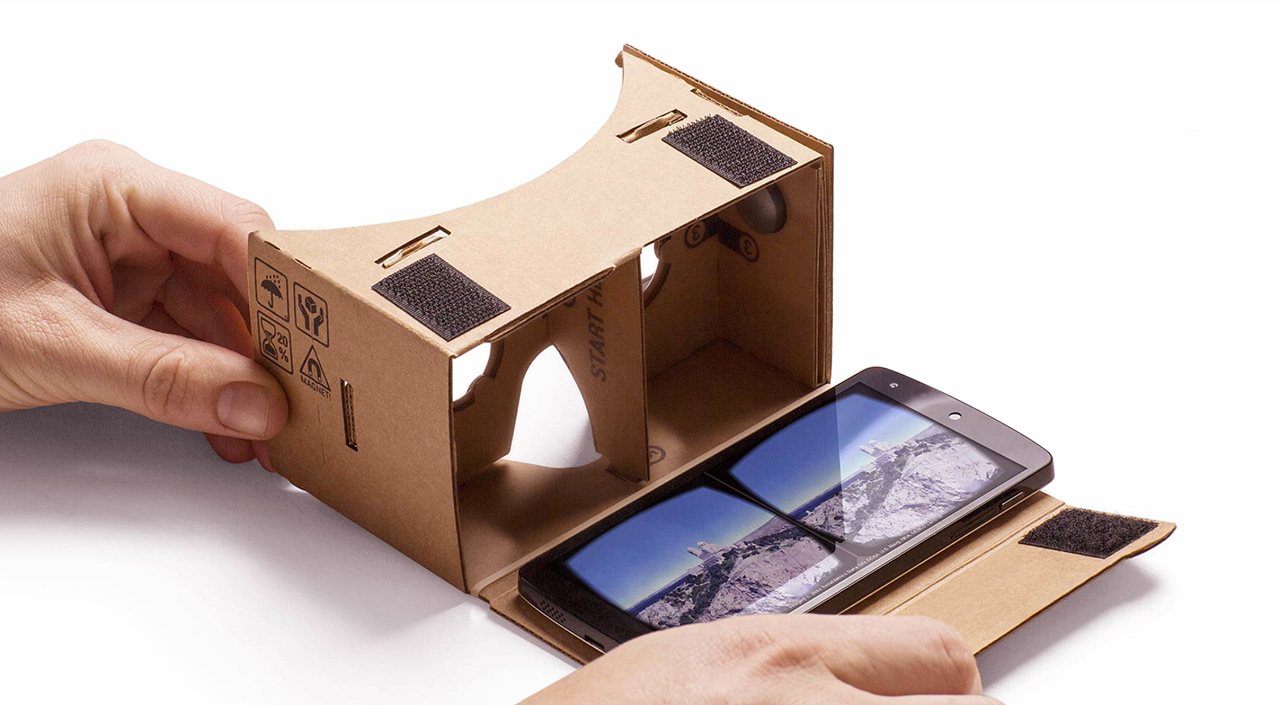Background
This project was a collaboration between the Taigh Chearsabhagh Museum & Arts Centre in Lochmaddy on the Isle of North Uist & the Open Virtual Worlds research group from the University of St Andrews in Fife. Facilitated by funding from the Scottish Funding Council via the Innovation Voucher Scheme, CJ Davies, a researcher from St Andrews, spent 2 months living on the island during Summer 2015 to capture panoramas of 6x of the most prominent archaeological sites on the island. A further month of work based in St Andrews to process & curate the images produced the materials you can see on this Website today.





